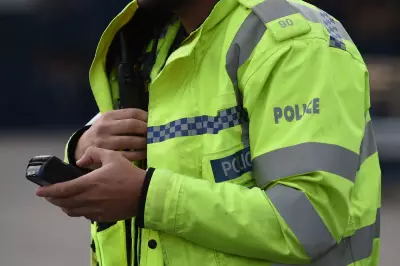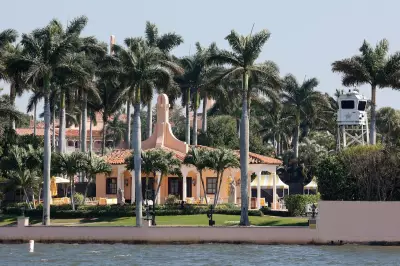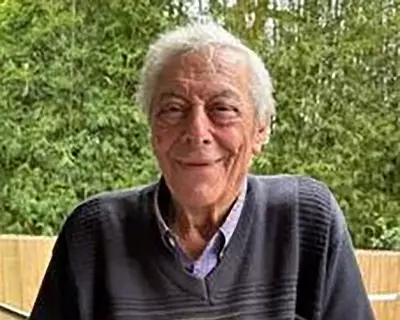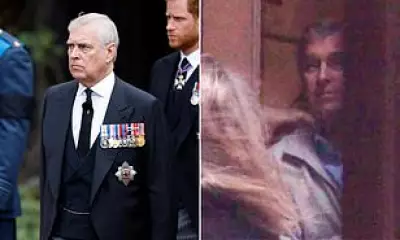
Controversial Murder Convictions Face Appeal Challenge
Three men serving life sentences for the brutal murder of a teenager during an alleged gang feud could be freed after their convictions were referred to the Court of Appeal. Durrell Goodall, Reano Walters and Trey Wilson were found guilty of murdering 18-year-old Abdul Hafidah in 2016, but new evidence has emerged that challenges the prosecution's gang narrative.
The Moss Side Murder and Joint Enterprise Convictions
Abdul Hafidah was chased through rush-hour traffic in the south Manchester suburb of Moss Side before being bludgeoned with a hammer, run over and stabbed to death. The attack occurred on Westwood Street in what prosecutors described as "enemy territory" for the victim.
Eleven men were originally convicted of murder or manslaughter in connection with Mr Hafidah's death under the controversial joint enterprise law. While Devonte Cantrill, then 19, committed the fatal stabbing, seven defendants were convicted of murder and four of manslaughter for their involvement in the incident.
The 2017 trial at Preston Crown Court heard that Mr Hafidah was allegedly a member of the "Rusholme Crips" street gang, while the convicted men were said to belong to or have affiliations with the rival "Active Only" (AO) group based in Moss Side.
New Evidence Challenges Gang Narrative
The Criminal Case Review Commission (CCRC) has now referred three of the murder convictions to the Court of Appeal, stating there is "a real possibility" the fresh evidence could undermine the prosecution case. The organisation highlighted concerns about judicial directions given to the jury and the use of gang narratives based on what they called "inappropriate labelling".
Dame Vera Baird KC, chair of the CCRC, emphasised: "This referral highlights the need for safeguards to protect defendants against the risk of unfairness from a too readily adopted gang narrative, based on inappropriate labelling."
During the original trial, Greater Manchester Police and the Crown Prosecution Service presented a rap music video and selected images from the defendants' mobile phones as evidence of gang membership. Trial judge Sir Peter Openshaw directed jurors that they could infer gang "membership or allegiance" if a defendant had the rap video on their phone.
Youth Project Context and Legal Arguments
However, it later emerged that the rap video was recorded at a publicly funded local youth centre where GMP supported initiatives. Young people, including some defendants, had participated in activities that included making rap music as constructive engagement.
Lawyers for the men argued in their 2023 application that the "gang narrative" advanced at trial relied on racist stereotypes of black boys and young men. They claimed the convictions resulted from "institutional racism" by police, prosecution and the judge.
The legal team, led by Keir Monteith KC and Darrell Ennis-Gayle of solicitors Hodge Jones & Allen, argued there was no violent criminal gang called AO and described the convictions as a "gross miscarriage of justice".
Notably, no criminal activity such as drug dealing was alleged against the AO gang, five of the eleven convicted had no criminal records, and most were studying at college with good character references.
Sentences and Ongoing Review
At the time of the attack in 2016, Goodall was 20, while Walters and Wilson were both 19. Goodall received a life sentence with a minimum term of 16 years, while Walters and Wilson were each sentenced to 20 years minimum.
The CCRC is still considering a similar application from a fourth man, Nathaniel "Jay" Williams, who was just 17 when convicted of murder over the same incident. The outcome of these appeals could have significant implications for other joint enterprise cases where gang narratives played a central role in securing convictions.






